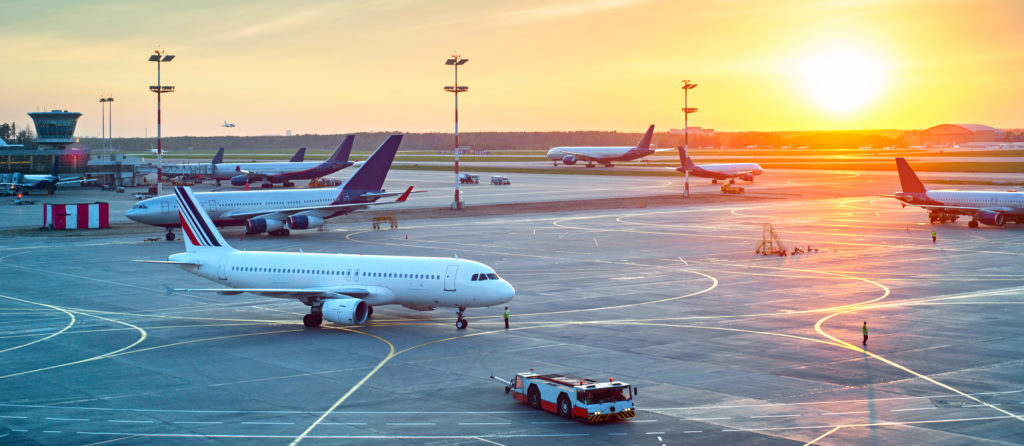At a recent EU aviation summit, airport industry group ACI Europe outlined the dire financial situation of the continent’s airports and called on EU transport ministers and the European Commission to ensure balanced and non-discriminatory relief for the entire air transportation ecosystem.
The organization highlighted that Europe’s airports have lost almost 900 million passengers so far this year, with passenger traffic almost entirely disappearing (down 98%) during the months of April and May. While airports lost all revenues during that period, they still sustained significant costs to accommodate emergency flights and ensure essential supplies via cargo flights.
Since then, the EASA/ECDC Covid-19 Aviation Health Safety Protocol and the lifting of some travel restrictions have allowed airports to restart – but their recovery is proceeding at a slow and disappointing pace. Passenger traffic was down by 93% in June, and still remains at down 80% this month.
The ACI pointed out that Europe’s airports have generally not benefitted from specific financial relief and so are continually burning cash reserves – with some having to use loans initially aimed at financing investments to keep operations going.
Jost Lammers, president of ACI Europe, warned, “The economic and financial situation of airports is disastrous and the recovery is proceeding at a much slower pace than we had hoped for. Financial aid to airlines does not address and solve airports’ own financial issues and ongoing business continuity risk in the recovery. Such one-sided financial aid to airlines creates massive imbalances in the Single Aviation Market and threatens its integrity. It will end up damaging air connectivity and consumer interest.”
While over €30bn (US$35bn) of financial aid has been extended to airlines, such aid is not flowing down to airports and other suppliers. Airlines are putting relentless pressure upon airports to further rebate or waive their charges – with cases of airlines in receipt of massive bailouts currently not even paying airports for the use of their facilities.
To sustain airport operations, ACI Europe called for the following relief measures to be enacted, stressing that the EU Recovery Plan should be used for:
– Financial compensation to airports for the costs involved in remaining open during lockdowns and for the additional costs of sanitary measures. The European Commission has confirmed that such compensation would not qualify as state aid, as it falls within the public remit.
– Extension of temporary unemployment support schemes for airport staff – to limit layoffs and retain specialist expertise.
– If the current slot waiver is to be extended to the next winter season, this should be done under strict and enforceable conditions which allow airports to plan their resource levels in an efficient manner. This is also crucial to ensure that unused slots can be reallocated to other airlines during the recovery – thus allowing for a quicker restoration of air connectivity.
– Requiring airlines in receipt of governmental bailouts to pay airports for the use of their facilities.
– Allowing arrival duty-free sales at EU airports. This would help support the restoration of revenue-generation capabilities.
The organization also called on EU states to better coordinate and align travel restrictions, and on the EU to take the lead in setting an international standard for passenger testing.
Lammers said, “We are grateful for the efforts of the European Commission to align EU states on travel restrictions. But EU states need to be consistent and follow through on what they have agreed to. We cannot go on having states applying different requirements for the same destinations. This is not helping consumer confidence in travel and tourism – and this is hurting the recovery.”


